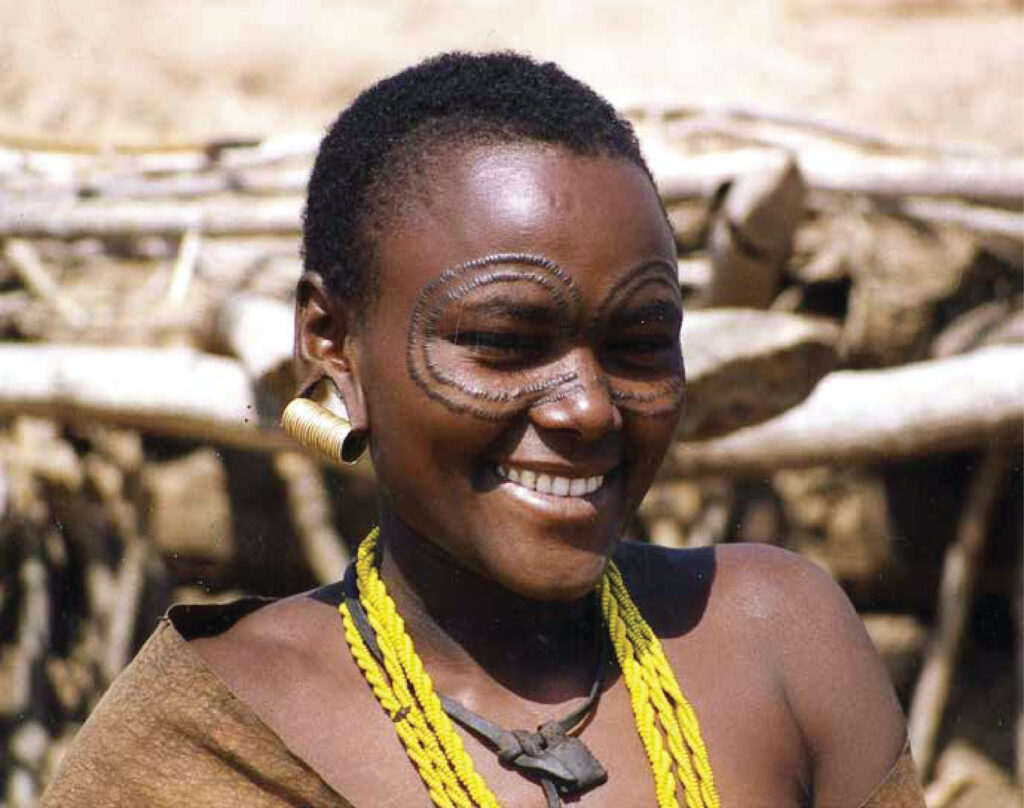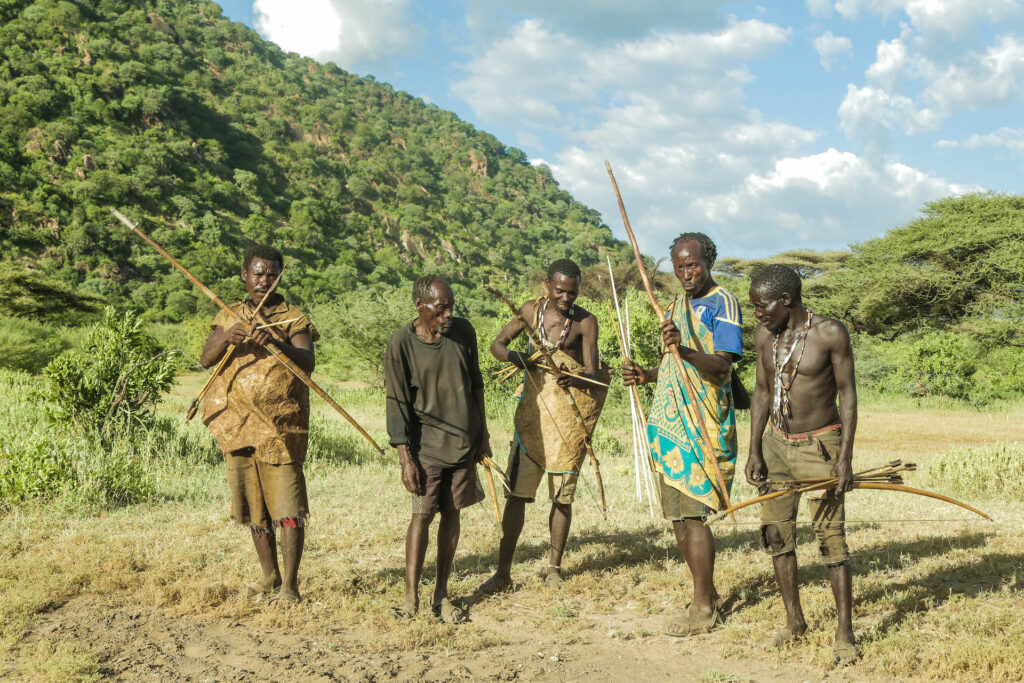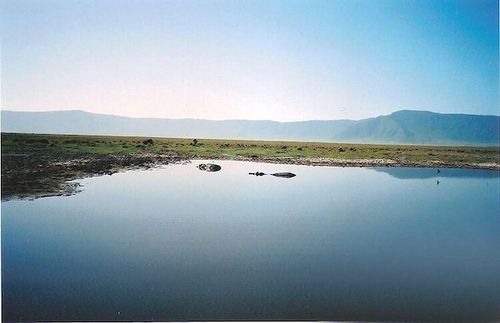Hadzabe & Datoga Tribes
Learn about the Hadzabe and Datoga tribes, indigenous peoples of Tanzania known for their unique hunter-gatherer lifestyles around Lake Eyasi.
Welcome to the Hadzabe & Datoga Tribes
Hadzabe
The Hadza, also known as the Hadzabe, are an indigenous ethnic group who live around Lake Eyasi in north-central Tanzania. They are hunter-gathering Bushmen who have lived in this area for thousands of years. They are the only hunter-gatherers still living in Tanzania and who are allowed to hunt wild animals for food. They reside in modest grass-based shelters throughout the dry season and in the caves under rocks or hollowed-out Baobab trees during the wet season.
Over the last 500 years, the population of hunter-gatherers has declined dramatically. Today, hardly few exist, with the Hadza people of Tanzania being one of the last to practice this tradition. Because of this, the Hadza continue to be a key study focus for anthropologists, since they represent a modern link to ways of human existence and survival that most of humanity has abandoned.
Datoga
The Datoga are highland Nilotic pastoralists who have lived near the Nile River for over two centuries. They gradually migrated southeast to the Ngorongoro Highlands, only to be expelled by the Maasai pastoralists, and again relocated to the southern areas of the Lake Eyasi basin two centuries ago, after being forced out by the agricultural society of the Iraqw people.
This ethnic group is well-known for their peculiar house construction method, in which they build rectangular houses out of wooden poles, twigs and mud. The flattops of the house are often covered by essential plants such as aloe. It is a common practice for a Datoga male to have more than one wife whose primary activity is making clothes out of animal skins (which are afterwards embellished with intricate and vibrant beadwork), necklaces and other souvenirs and sell them to the tourists.
The tribe is interestingly made up of two groups that live fundamentally different lives. The first group is of pastoralists, who earn their living by herding cattle, goats, sheep, and donkeys. The second group is made up of blacksmiths and their families who specialize in the production of arrows, knives, spears, and jewelries.
The blacksmiths group earns their living by trading their wares for goats, lambs, and honey occasionally in addition to selling them to other Datoga clans. The Hadzabe Tribe’s members, on the other hand, are important trading partners. Despite the fact that this clan is important to the rest of the Datoga tribe, its members are typically seen as lower class because they do not own cattle or other animals. Intermarriage between Datoga blacksmiths and Datoga pastoralists is explicitly banned.
The Datoga believe strongly in the power of spirits. They are animists who believe that objects, places and creatures all possess a distinct spiritual essence. In times of need or adversity, they make pilgrimages to worship at the sacred Datoga graves and a holy fig tree located in the Ngorongoro Crater.


